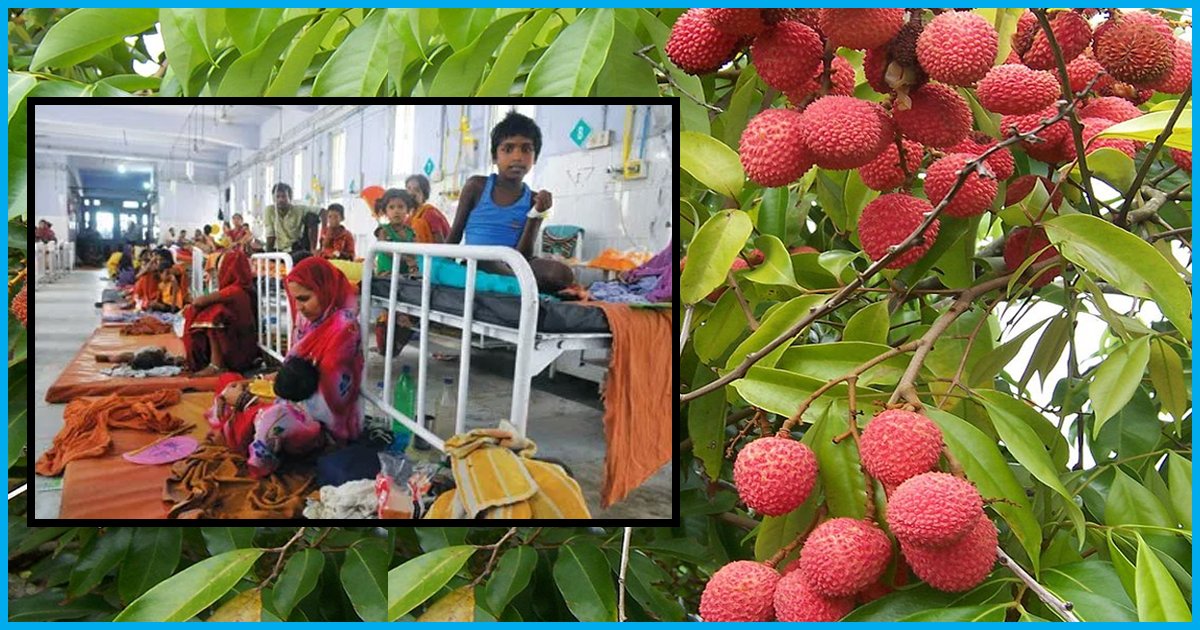
Death Of 122 Children In Bihar In 2014 Was Due To Pesticides In Lychee And Not The Fruit Itself: Report
27 July 2017 12:45 PM GMT
Editor : Pooja Chaudhuri
The only fiction I enjoy is in books and movies.
[UPDATE: The report by The American Journal of Tropical Medicine and Hygiene has been deleted since this article went online.]
On 30 January 2017, The Lancet published a study linking the consumption of lychee to the deaths of children in Bihar’s Muzaffarpur. The report on Indian children with lychee-associated encephalopathy unequivocally pinned that blame on the fruits itself.
The research done on 390 patients admitted to two referral hospitals in Muzaffarpur between May 26 and July 17 in 2014 concluded that skipping the evening meal after consumption of lychee resulted in low blood glucose level and acute encephalopathy, triggering seizures and coma, leading to death in many cases.
As a solution, the report read, “To prevent illness and reduce mortality in the region, we recommended minimising litchi consumption, ensuring receipt of an evening meal and implementing rapid glucose correction for suspected illness.”
Six months hence, another study maintains this is not true at all.
According to The American Journal of Tropical Medicine and Hygiene, the land where lychee was produced caused the unexplained neurological damage in children and not the fruit itself. In 2014, 122 children lost their lives in the Muzaffarpur region. The new study, published on July 24, found that a number of pesticides, including endosulfan (which has been banned since 2011), caused the brain damage.
“Eating lychees was not associated with illness in the case–control study. The outbreak was linked to lychee orchard exposures where agrochemicals were routinely used, but not to consumption of lychees,” said the report.
The researchers interviewed families that worked in lychee orchards and concluded, “The orchard caretakers mentioned that due to pests and a physiological disorder in the lychee trees, many lychees had cracked and dropped on the ground in the orchard. Case-patients or their family members often visited lychee orchards and collected dropped lychees from the ground and ate and/or fed them to case-patients. The family caregivers mentioned that people in their community did not wash lychees before eating them and the children usually used their teeth to peel them before eating them. The children ate the flesh part of the lychee and discarded the seeds and peel.”
In conclusion, the death of the children due to brain damage was connected to exposure and consumption of pesticides in the fruit and not the fruit itself.
Food contamination is a big problem for a developing economy such as India. Pesticide and insecticide residues adversely affect our health, but we remain ignorant about the harms. We are what we eat, and it crucial that we recognise this and take steps to make our lives healthier.
You can read the whole report here.
 All section
All section













